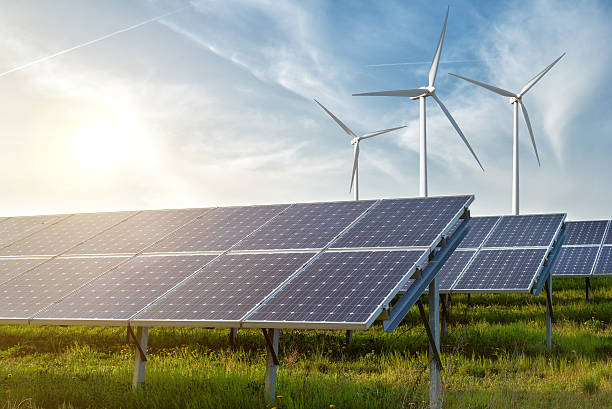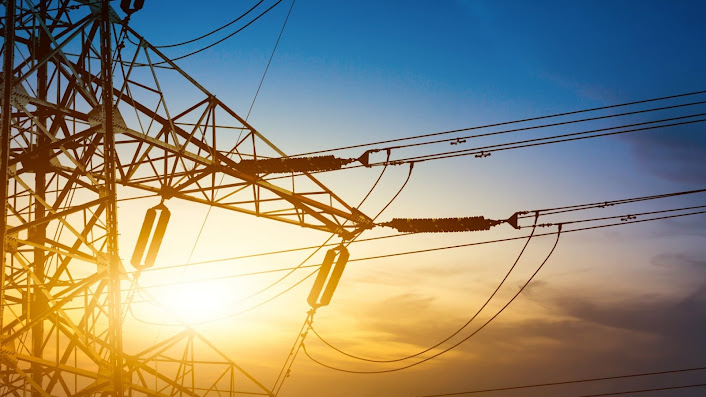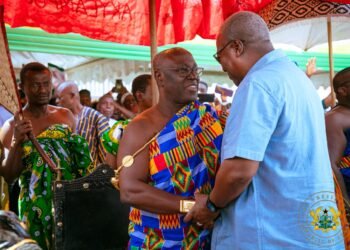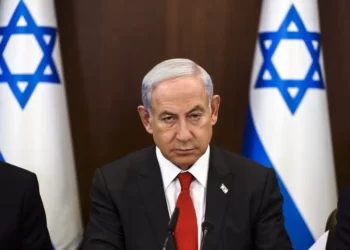Ghana’s government has reinforced its commitment to energy sector reforms, aiming to improve electricity access, affordability, and sustainability.
Deputy Energy Minister Richard Gyan-Mensah, speaking on behalf of the Minister of Energy and Green Transition, assured the public of far-reaching policies designed to accelerate access and enhance affordability across the nation.
At a high-level seminar hosted in collaboration with the International Growth Centre (IGC) and the Centre of Excellence for Public Utilities Regulation (CEPUR), the Deputy Minister emphasized the government’s dedication to ensuring that electricity remains widespread, affordable, and environmentally sustainable.
“Electricity is the fulcrum around which industrial transformation and daily life revolve. Ghana has made significant progress in this space, boasting a national electrification rate of 89.03%.
“Urban areas enjoy a 91% connection rate, but rural access still lags at 50%—underscoring the need for targeted and inclusive energy policies.”
Richard Gyan-Mensah, Deputy Minister of Energy and Green Transition
The seminar, themed “Towards Affordable and Sustainable Electricity Sector for Inclusive Growth,” brought together key stakeholders from government, regulatory bodies, academia, and the private sector to assess policy options for achieving universal, reliable, and equitable energy access.

Addressing affordability concerns, Mr. Gyan-Mensah revealed that the government, in collaboration with the Public Utilities Regulatory Commission (PURC), is working on a tariff review framework that balances the cost-recovery needs of utility providers with the economic realities of vulnerable consumers.
“The goal is a fair and transparent system that allows service providers to operate sustainably while protecting the most disadvantaged from tariff shocks.”
Richard Gyan-Mensah, Deputy Minister of Energy and Green Transition
The Deputy Minister also cited a comprehensive review of the Cash Waterfall Mechanism (CWM), initially implemented under the previous administration, as a key reform that has enhanced financial transparency and equitable revenue distribution among power sector players.
Despite high urban access rates, the government recognises a critical service gap in remote and island communities.
According to Mr. Gyan-Mensah, over 200 islands and more than 2,000 lakeside communities along the Volta Lake remain disconnected from the national grid.
To address this, he announced the development of a special electrification program targeting these underserved regions.
“We are designing a targeted program that considers the unique logistical challenges of these areas and employs innovative off-grid and mini-grid solutions.”
Richard Gyan-Mensah, Deputy Minister of Energy and Green Transition
Scaling Renewable Energy

On Ghana’s green transition ambitions, the Deputy Minister elaborated on the Ministry’s updated renewable energy policy, which seeks to increase the contribution of renewables to the national energy mix by 10% by 2030.
“The Ministry of Energy and Green Transition’s policy places emphasis on renewables and alternative energy as sources of power to complement conventional power.
“We are encouraging increased private sector investment in utility-scale solar and wind energy projects.”
Richard Gyan-Mensah, Deputy Minister of Energy and Green Transition
This policy aligns with Ghana’s broader commitment to global climate goals, including its Nationally Determined Contributions (NDCs), and efforts to reduce carbon emissions through sustainable energy development.
Mr. Gyan-Mensah issued a strong call to action, urging all stakeholders—government agencies, regulators, private companies, civil society organisations, and development partners—to align efforts towards building a resilient and inclusive electricity sector.

“We need the collective efforts of all players to keep the lights on, power industries, and ensure no community is left behind in our energy transformation journey.”
Richard Gyan-Mensah, Deputy Minister of Energy and Green Transition
Experts at the seminar welcomed the government’s renewed focus on energy equity and sustainability but emphasised the need for strong implementation frameworks.
Ghana’s push toward an affordable, inclusive, and sustainable energy future is gaining momentum.
With clear policy commitments, stakeholder engagement, and increasing attention to rural electrification and renewable integration, the nation is setting a course to meet its energy needs while positioning itself as a regional leader in energy transition.
READ ALSO: Wencai Zhang Calls on Finance Minister, Pledges Stronger World Bank-Ghana Partnership




















